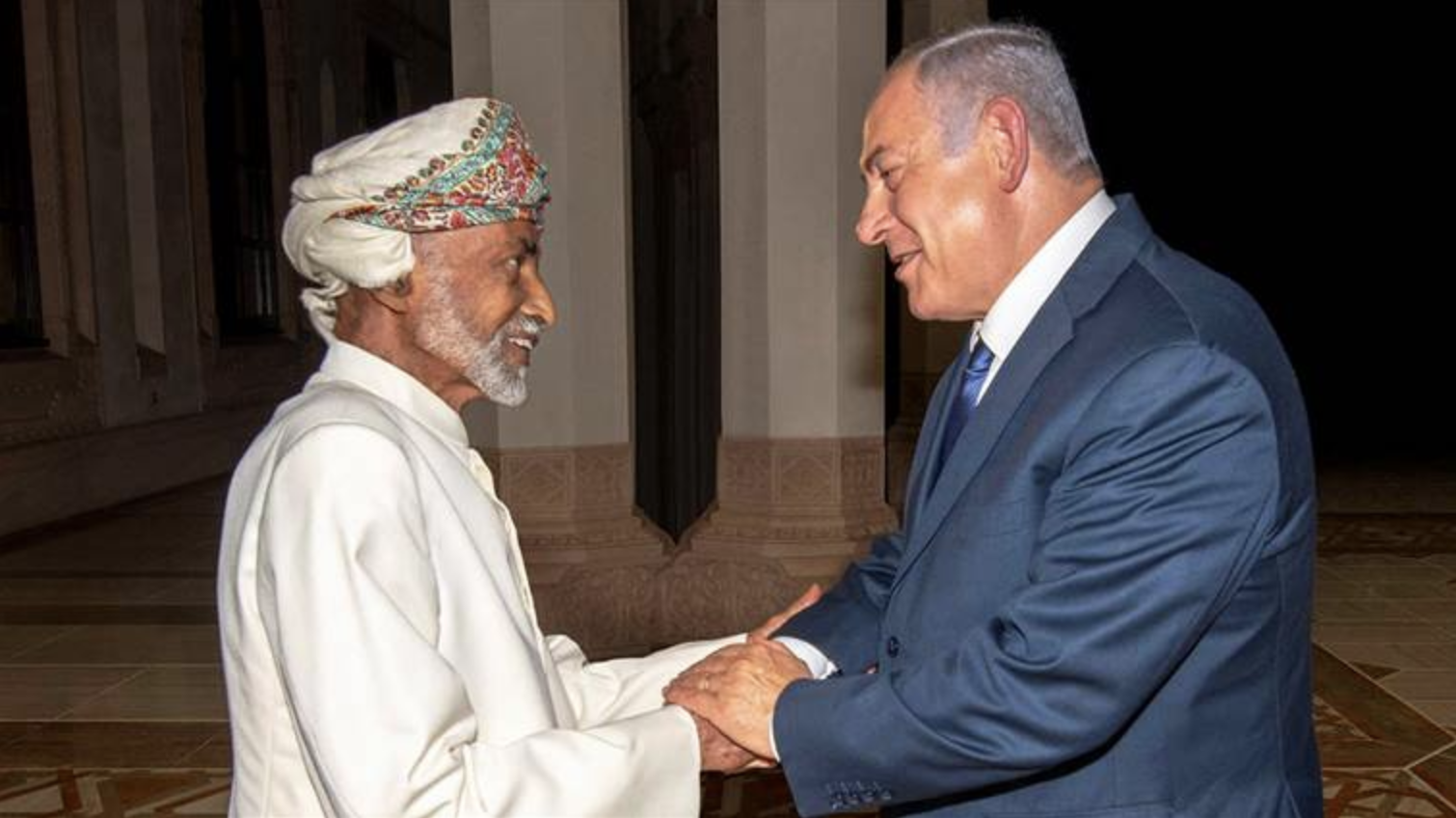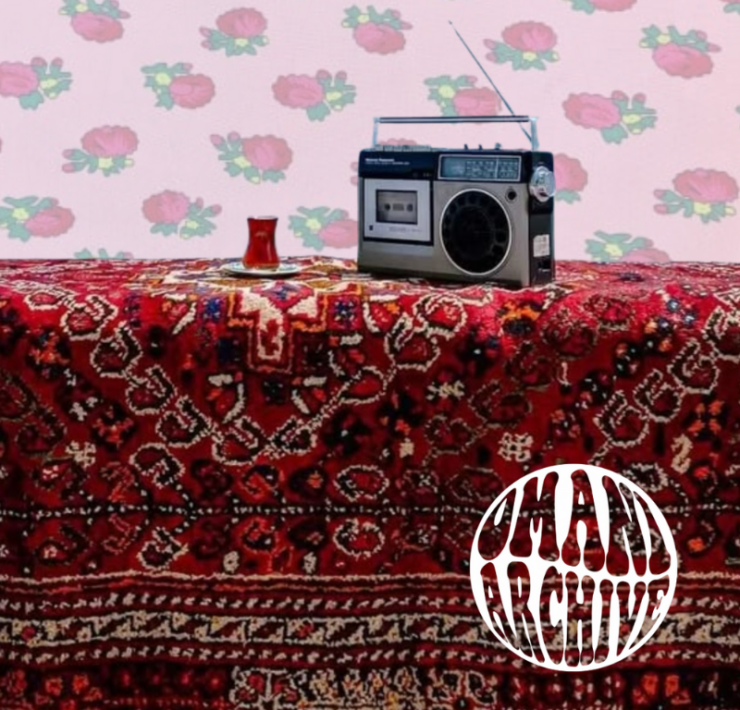Here’s your monthly summary of the biggest stories in the Middle East, explaining why they matter and what they mean for the region. Here are two important developments that took place during October:
Journalist Jamal Khashoggi killed in the Saudi Consulate in Istanbul
What happened
On October 2nd Jamal Khashoggi – a 59-year old Saudi journalist and critic of his government – disappeared after entering the Saudi Consulate in Istanbul to retrieve paperwork required to marry his fiancée.
In the days following his disappearance, various reports leaked by the Turks appeared to suggest that Jamal had been killed by a hit squad who had flown into Istanbul from Saudi Arabia. The most recent report suggest that he was strangled as soon as he entered the Consulate, and his body dismembered and disposed of.
The Saudi government initially responded to the claims assuring that Khashoggi had left the Consulate alive and well, however as more and more information began to leak, they changed their story a number of times. Crown Prince Mohammed bin Salman (MBS) has now admitted that Khashoggi was murdered, but insists the killing was a “rogue operation” that took place without his knowledge and authorisation.
The international community, with the exception perhaps of US President Donald Trump, appears sceptical of the story and have called for a full, impartial investigation into what happen to Khashoggi and where the authority for his murder originated.
Why it matters
MBS has worked hard and spent considerable amounts of money portraying himself as a reformer and a visionary. Khashoggi’s killing and the international outcry that followed have cast a dark shadow over the Crown Prince’s image and threatened his popularity at home and abroad.
The incident has also put significant pressure on Western governments that are closely aligned with the Saudis, particularly with regard to defence contracts. Saudi Arabia spends billions on weapons from the US and European governments. This, along with the ongoing bloodshed caused by the Saudis’ intervention in Yemen, is making it increasingly difficult for Western governments to justify their close relationships with MBS and his government.
Angela Merkel announced that Germany would halt and review all arms sales to Saudi Arabia in the wake of Khashoggi’s killing. Politicians and citizens of other European countries and the USA have called for their governments to follow Germany’s example.
What it means for the region
The incident is being described as another nail in the coffin for human rights in Saudi Arabia, and many worry that extrajudicial killings of journalists and opposition voices will become internationally accepted and normalised.
Saudi-Turkish relations have also been impacted by the event. Turkish President Erdogan appears to be keeping the pressure on MBS by continuing to allow leaks of information about Khashoggi’s killing, though refraining from linking it directly to the Crown Prince. This could be an attempt to extract financial aid from Saudi Arabia to help the ailing Turkish economy. However, if MBS rides out the wave of international pressure, Turkey risks alienating a key regional power.
Useful articles
Khashoggi affair: Will it reshape Middle East politics? (BBC)
Crown prince Mohammed bin Salman is ‘chief of the tribe’ in a cowed House of Saud (Washington Post)
How Saudi Arabia wins friends (New York Times)
Israeli Prime Minister travelled to Oman in historic visit
What happened
Israeli Prime Minister Benjamin Netanyahu visited Muscat in October for meetings with Sultan Qaboos and leading figures in the Omani government.
Why it matters
The visit is the first by an Israeli Prime Minister in 22 years. Oman and Israel do not have formal diplomatic relations, though they are believed to have been quietly cooperating on various issues in recent years. This is the most public expression of the relationship between the two countries since the 1990s.
What it means for the region
Oman has carefully managed its foreign policy to avoid taking sides on regional disputes, including maintaining relations with regional adversaries such as Iran, Hezbollah and Hamas. The country is known for playing a key role as a mediator, facilitating the initial talks between Iran and the USA that led to the nuclear deal in 2015.
The visit could signal the opening of a backchannel for Israel with regional adversaries such as Iran and Syria. It also constitutes the most recent example of the thawing of relations between Israel and the Gulf states.
Useful articles
Israeli Prime Minister Visits Oman, Offering a Possible Backchannel to Iran (New York Times)
Netanyahu Presses to Build Relations in Gulf States (Wall Street Journal)









Great articles, and well balanced. X
As this was sent from my iPhone, please excuse any typos or other nonsense caused by predictive typing.
>